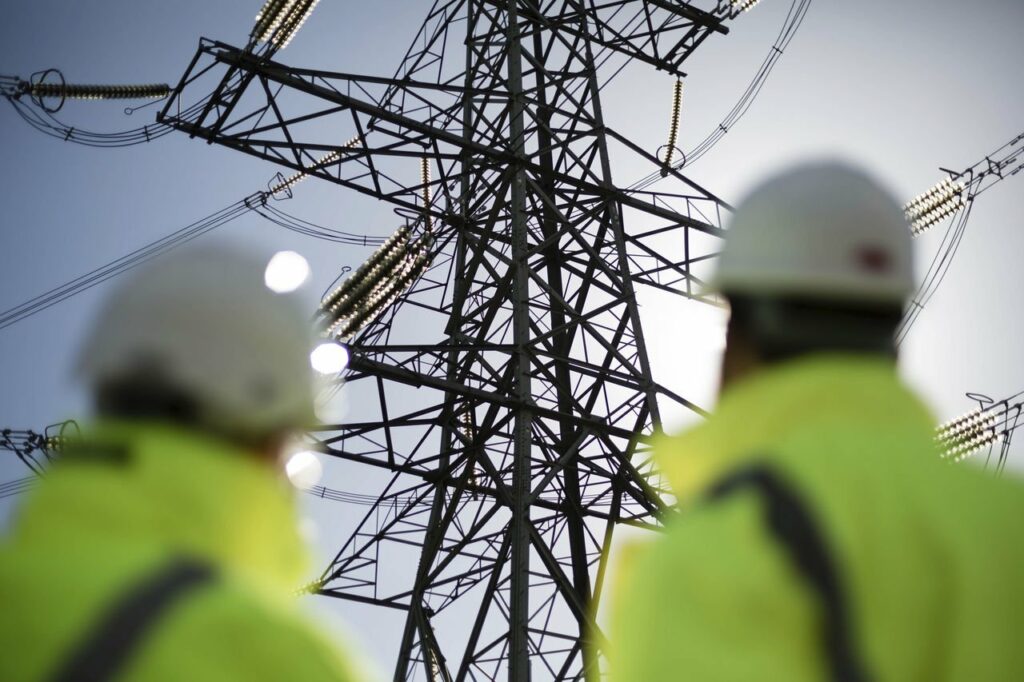Octopus Energy has called for “more action, speed and results to clear the grid connection queue” as it outlined its five-point plan to quickly connect 5.7GW of renewable projects.
According to a new report dubbed End the gridlock, Octopus believes that, although investment within grid infrastructure is a necessity to permanently solve grid connection delays, its five-point plan could provide short-term relief and help reduce energy bill costs via renewable generation.
Tackling the grid connection conundrum is of upmost importance to the UK as, according to the energy supplier, it has one of Europe’s biggest grid connection queues at over 200GW.
Octopus’ five-point plan includes:
- Proactive queue jumping to connect renewable projects that are further along
- Enforce sunset clause on grid offers so old fossil fuels ones don’t take up space
- A more transparent can-do attitude with data and tech driving it, creating ‘zones’ ripe for developing renewables quickly
- Increase competition in the grid connection process
- Enable collaboration between developers to share and reduce connection costs
The report also said: “In reality grid capacity is not ‘full’, and with another mindset the UK could unleash large amounts of grid capacity to connect more renewables in a matter of weeks or months.”
The urgency in tackling the grid connection delays has become paramount with a recent Business, Energy and Industrial Strategy (BEIS) Committee having said that the UK’s target of attaining a decarbonised power system by 2035 is in jeopardy.
One of the biggest obstacles to overcome for the UK’s energy sector is the planning system, the Committee said. Currently, the planning system is failing to sufficiently support the rollout of low-carbon technologies, with more and more renewable generation projects seeing extended connection dates well into the 2030s.
The report stated there are many reasons why the planning system is a major constraint and the Committee is “in no doubt” that steps will need to be taken to accelerate the planning process for low-carbon energy infrastructure.
Octopus’ report aims to provide quick relief on this issue via the five-point plan. The company said that implementing the measures “could unlock new wind and solar farms with enough clean electricity for around 2.5 million homes – covering the electricity needs for households in Manchester, Birmingham and Leeds combined every year.”
“To accelerate Britain’s colossal renewable energy opportunity and drive down energy bills fast, we need to connect cheap green projects to the grid quicker. There’s no time to waste in an energy crisis – we need to end the gridlock now,” said Zoisa North-Bond, CEO of Octopus Energy Generation.
“The single biggest blocker to renewables is waiting to connect to the grid, so we’ve identified quick wins that can genuinely make a difference today and connect wind and solar farms at pace. If we act fast, we can reduce reliance on expensive, polluting fossil fuels, and jump-start a cheaper, greener energy future for British homes and businesses.”






